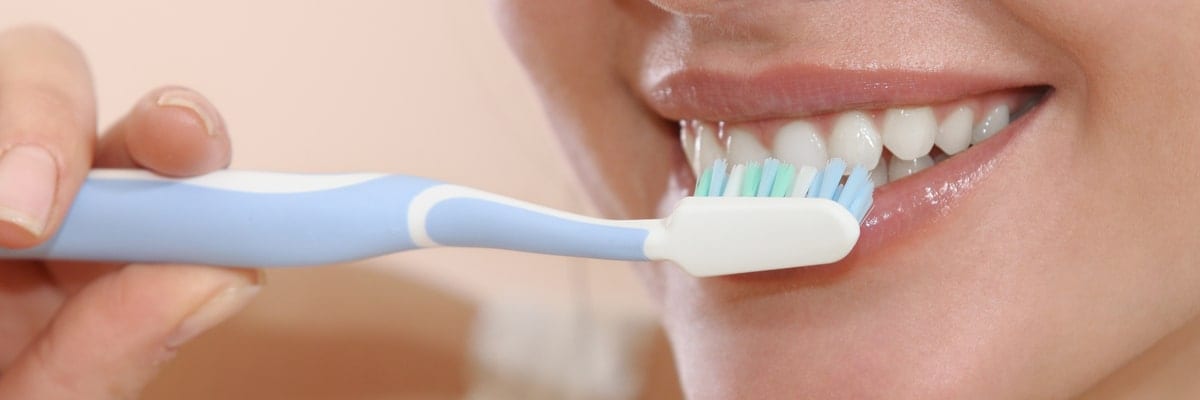Brushing your teeth is one of the most common and reoccurring pieces of advice dentists give their patients. It’s good advice, and it’s considered one of the essential ways to prevent the onset of diseases such as cavities and periodontal disease. Brushing your teeth can help you maintain good health, but sometimes when brushing is taken to an extreme, it can damage their teeth rather than help. So, in light of this subject, we’re here to provide how to brush your teeth the right way and then look at some of the most common risks associated with overbrushing.
Tips to Brush Your Teeth
Like many things, brushing is best done in moderation. Brushing may seem like a simple habit to take part in, but brushing your teeth can improve your health much more effectively and can keep your oral health in tip-top shape. When brushing, some reminders to take in include:
- Soft Bristles: Soft bristles are an essential key to having healthier teeth because soft bristles are gentle on the teeth and do just as good a job at cleaning. Studies from the International Dental Journal have observed that soft and extra soft toothbrushes are safer and help prevent dental injuries.
- Small Brush Strokes: Using small brushstrokes that are no smaller than your teeth can help clean your teeth more effectively and help reduce the bristles’ abrasions on the gums.
- Twice a Day Brushing: Brushing your teeth more than twice a day can harm the mouth’s inner microenvironment. Despite many claims about harmful bacteria, there are also good bacteria within the mouth that help break down foods and cooperate with the body’s ecosystem.
- Equal Distribution: Paying attention to all mouth areas, including the tongue and back molars, can immensely improve your brushing techniques.
- Avoid Abrasive Substances: Substances such as baking soda and charcoal often don’t have the protective backing of fluoride to provide enamel protection and often harm the enamel during the process.
Signs Your Brushing Too Hard
The many symptoms associated with overbrushing often result from a lack of awareness for proper brushing techniques and tips. If you find yourself being conscientious about your oral health, some key signs you may be overbrushing can include:
- Bleeding Gums: Bleeding gums are the most obvious sign for dentists to look for when looking at people’s teeth. Overbrushing can leave your gums more vulnerable to bacteria that cause gum disease.
- Sensitive Teeth: If your teeth have become sensitive, it’s because the dentin’s becoming exposed due to the wear down of the enamel, the outer layer of your teeth.
- Sore Mouth: If your mouth is sore, then it’s an obvious sign your overbrushing. If you’re concerned about how to brush your teeth better, it’s best to speak to your dentist about these concerns.
As dentists, we highly value your dental brushing habits and care greatly about your dental hygiene. Brushing with the proper techniques can help improve your oral health overall and give you a better-looking smile at the end of the day.



